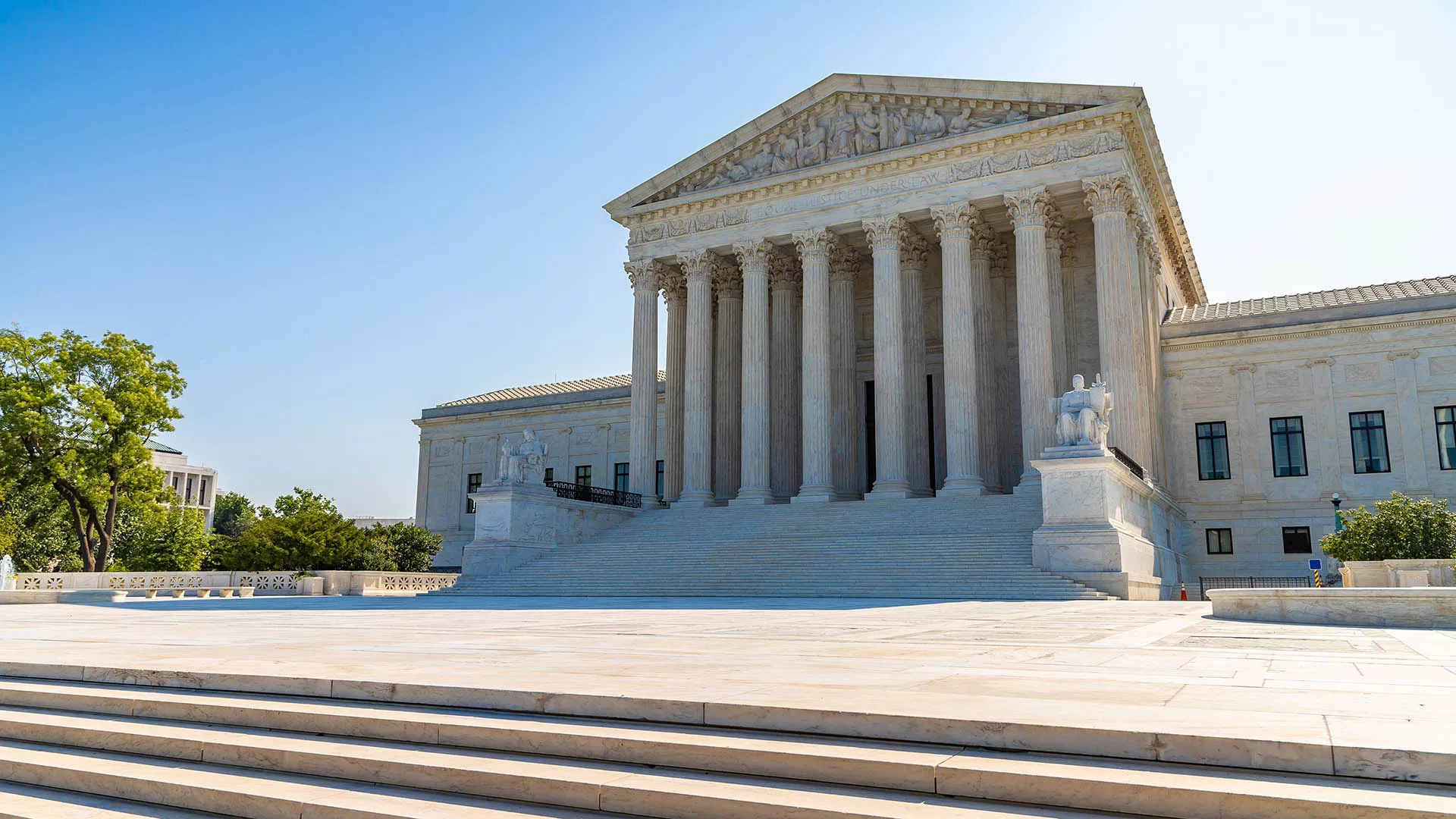The financial crimes unit of the U.S. Treasury has put forward its long-awaited plan to stem dirty money flows through residential real estate across the United States.
The rule, proposed by FinCEN on Feb. 7, seeks to bolster oversight of the sector by exposing bad actors who buy properties in cash through trusts and other secretive legal entities.
“For decades, illicit actors have been anonymously hiding and laundering money through non-financed residential real estate transactions in the United States,” a senior FinCEN official said.
“All-cash transactions are a favorite tool of criminals because they allow them to fly under the radar, avoiding scrutiny from banks and other financial institutions that are subject to extensive anti-money laundering measures.”
If finalized, the new rule would require certain real estate professionals to flag these “high-risk” transactions with FinCEN by filing “real estate reports,” similar to the suspicious activity reports, or SARs, filed by financial institutions.
The reports would identify the beneficial owners of the entities or trusts that properties are transferred to, with the information to be stored in a non-public database, accessible to law enforcement and national security agencies.
This is really a necessary step that Treasury has taken to counter dirty money in our system.
— Erica Hanichak, FACT Coalition government affairs director
The FinCEN official said the reporting requirements would be “in harmony” with the agency’s beneficial ownership registry, established under the Corporate Transparency Act, but serve a more narrow purpose.
“The Corporate Transparency Act serves to provide a snapshot at any one time of the ownership of an entity,” said Erica Hanichak, the government affairs director of the FACT Coalition. “But it doesn’t really provide any insights as to whether or not an entity is engaged in other types of risky transactions.”
The FACT Coalition and other transparency advocacy groups have long pushed for reform to close a loophole that exempts professionals involved in real estate closings and settlements from the anti-money laundering obligations of the Bank Secrecy Act.
The law imposes a compliance program on financial institutions, but the decades-old carve-out for the real estate sector has only recently been dealt with through a patchwork of short-term measures.
“This is really a necessary step that Treasury has taken to counter dirty money in our system,” Hanichak said.
‘A critical vulnerability’
The U.S. real estate market is one of the largest in the world, valued at $47 trillion in 2023, according to Treasury.
Its long-term stability makes it popular with criminals and unscrupulous foreign investors seeking to launder money and accumulate wealth. This in turn warps property prices and limits supply for legitimate buyers.
“Many of these nefariously purchased properties sit vacant for years while some of our biggest cities suffer from housing crises,” the FinCEN official said.
All-cash offers may be above market value and are generally favored by sellers for their speed, while investment vehicles, such as trusts and limited liability companies, obscure the identities of their real owners — a problem highlighted by multiple ICIJ investigations.
In 2021, the Pandora Papers identified 206 U.S.-based trusts holding more than $1 billion in combined assets linked to 41 countries. Nearly 30 of those trusts were tied to individuals or companies accused of fraud, bribery and human rights abuses.
More recently, Cyprus Confidential revealed that tenants of a New York apartment building were driven out by rising rents after its sale through a shell company to a financial fixer in Cyprus, since sanctioned for his business ties to Russian oligarchs.
Treasury’s 2024 National Money Laundering Risk Assessment estimates that 20 to 30 percent of residential real estate purchases in the U.S. are made without financing and therefore aren’t subjected to anti-money laundering checks by mortgage lenders.
The report describes real estate professionals as “a critical vulnerability” as many have been found to “act as both witting and unwitting participants in money laundering schemes.”
Under the draft rule, title insurance companies, lawyers and others involved in real estate deals would continue to be exempt from the BSA’s compliance program.
Instead, FinCEN has proposed a “streamlined” reporting framework that would make one person in the chain of a property transfer responsible for filing reports and recordkeeping.
“Not every transaction is going to have an escrow agent or title insurance agent,” said Gary Kalman, the executive director of Transparency International U.S.
“We see [the proposed reporting heirarchy] as closing potential loopholes and ways you can maneuver around the rule.”
Kalman praised several aspects of the draft rule, including that it would be permanent, apply nationwide and not be limited to purchases above a certain price threshold. But, he said, FinCEN should be clear about how beneficial ownership information will be verified.
Since 2016, FinCEN has tested similar reporting requirements for title insurance companies in a handful of U.S. jurisdictions through so-called “geographic targeting orders.”
In a statement, the American Land Title Association, which represents title insurance agents across the U.S., said its members would continue to cooperate with the agency and provide advice on reducing the compliance burden on businesses.
“We are still reviewing the proposed rule and will work to ensure that FinCEN considers the information they are collecting under the new Beneficial Ownership rule, among other things, so as not to be unnecessarily duplicative and also provide clarity regarding the obligations of all real estate parties under the rule,” ALTA said.
Next steps
Treasury has acknowledged that commercial real estate is also exposed to illicit finance risk, repeatedly warning since Russia’s 2022 invasion of Ukraine that Russian elites, their family members and their proxies may try to evade sanctions by exploiting the sector’s vulnerabilities.
While the FinCEN official confirmed the agency is considering regulatory options to increase transparency in commercial real estate transactions, the official did not provide a timeframe for potential rulemaking.
For now, the public has a 60-day period to submit written comments on the draft rule for the residential real estate sector, which includes “single-family houses, townhouses, condominiums, and cooperatives, as well as apartment buildings designed for one to four families.”
“One of the things that we might hear from opponents to this rule, either from a lack of understanding or maybe, perhaps a little bit maliciously, trying to undermine it, is that this will somehow make it harder for the average American to purchase a home,” said Hanichak, of the FACT Coalition.
She noted the vast majority of Americans don’t buy homes through entities or in cash.
“[By] reducing the supply of dirty cash, you might actually have a better chance of having an affordable home,” she said.
Published by: icij.org







